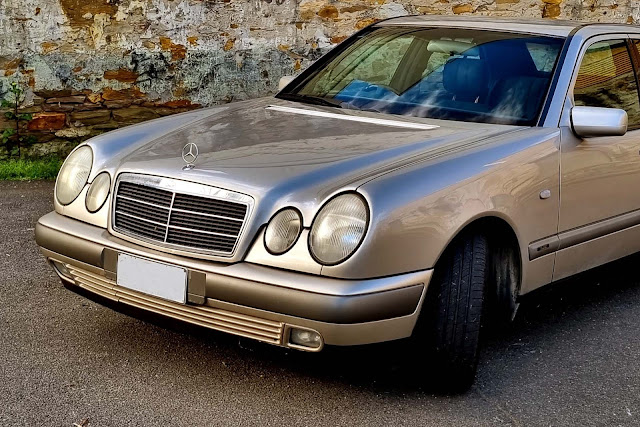Junk BMW Lindenhurst | JCC Scrap Metal II, Long Island, NY | Junk Cars, Scrap Metal
JCC Scrap Metal II
Top Dollar Paid for your
Junk BMW | Lindenhurst, NY
Turn your junk BMW car, junk BMW truck, junk BMW SUV, or Salvaged BMW, or into cash. JCC Scrap Metal II will have you in and out of the Lindenhurst, NY location safely within minutes after dropping off your Junk BMW with top dollar paid for it. Regardless if the Junk BMW is running or not, we can scrap it and give you cash on the spot in Lindenhurst, NY. Your old BMW is not trash, so turn it into cash with junk car recycling!
Recently Junk BMWs have become one of the most frequently recycled automobiles, especially in Lindenhurst, NY! You receive instant cash for all Junk BMW Automobiles and Scrap. We pick up and pay you cash on the spot.
JCC Scrap Metal II
Top Dollar Paid for your
Bayerische Motoren Werke AG, commonly referred to as BMW is a German multinational corporate manufacturer of luxury vehicles and motorcycles headquartered in Munich, Bavaria, Germany. The corporation was founded in 1916 as a manufacturer of aircraft engines, which it produced from 1917 until 1918 and again from 1933 to 1945.
BMW's factories were heavily bombed during the war and its remaining West German facilities were banned from producing motor vehicles or aircraft after the war. Again, the company survived by making pots, pans, and bicycles. In 1948, BMW restarted motorcycle production. BMW resumed car production in Bavaria in 1952 with the BMW 501 luxury saloon. The range of cars was expanded in 1955, through the production of the cheaper Isetta microcar under license.

A large investment in BMW by Herbert Quandt and Harald Quandt resulted in the company surviving as a separate entity. The Quandt's father, Günther Quandt, was a well-known German industrialist. Quandt joined the Nazi party in 1933 and made a fortune arming the German Wehrmacht, manufacturing weapons and batteries.
The BMW 700 was successful and assisted in the company's success.
The 1962 introduction of the BMW New Class compact sedans was the beginning of BMW's reputation as a leading manufacturer of sport-oriented cars. Throughout the 1960s, BMW expanded its range by adding coupe and luxury sedan models. The BMW 5 Series mid-size sedan range was introduced in 1972, followed by the BMW 3 Series compact sedans in 1975, the BMW 6 Series luxury coupes in 1976 and the BMW 7 Series large luxury sedans in 1978.
The BMW M division released its first road car, a mid-engine supercar, in 1978. This was followed by the BMW M5 in 1984 and the BMW M3 in 1986. Also in 1986, BMW introduced its first V12 engine in the 750i luxury sedan.

In 1998, BMW also acquired the rights to the Rolls Royce.
The 1995 BMW Z3 expanded the line-up to include a mass-production two-seat roadster and the 1999 BMW X5 was the company's entry into the SUV market.
The first modern mass-produced turbocharged petrol engine was introduced in 2006, (from 1973 to 1975, BMW built 1672 units of a turbocharged M10 engine for the BMW 2002 turbo), with most engines switching over to turbocharging over the 2010s. The first hybrid BMW was the 2010 BMW Active Hybrid 7, and BMW's first mass-production electric car was the BMW i3 city car, which was released in 2013, (from 1968 to 1972, BMW built two battery-electric BMW 1602 Elektro saloons for the 1972 Olympic Games). After many years of establishing a reputation for sporting rear-wheel drive cars, BMW's first front-wheel drive car was the 2014 BMW 2 Series Active Tourer multi-purpose vehicle (MPV).

In January 2021, BMW announced that its sales in 2020 fell by 8.4% due to the impact of the COVID-19 pandemic and the restrictions. However, in the fourth quarter of 2020, BMW witnessed a rise of 3.2% of its customers' demands








Comments
Post a Comment